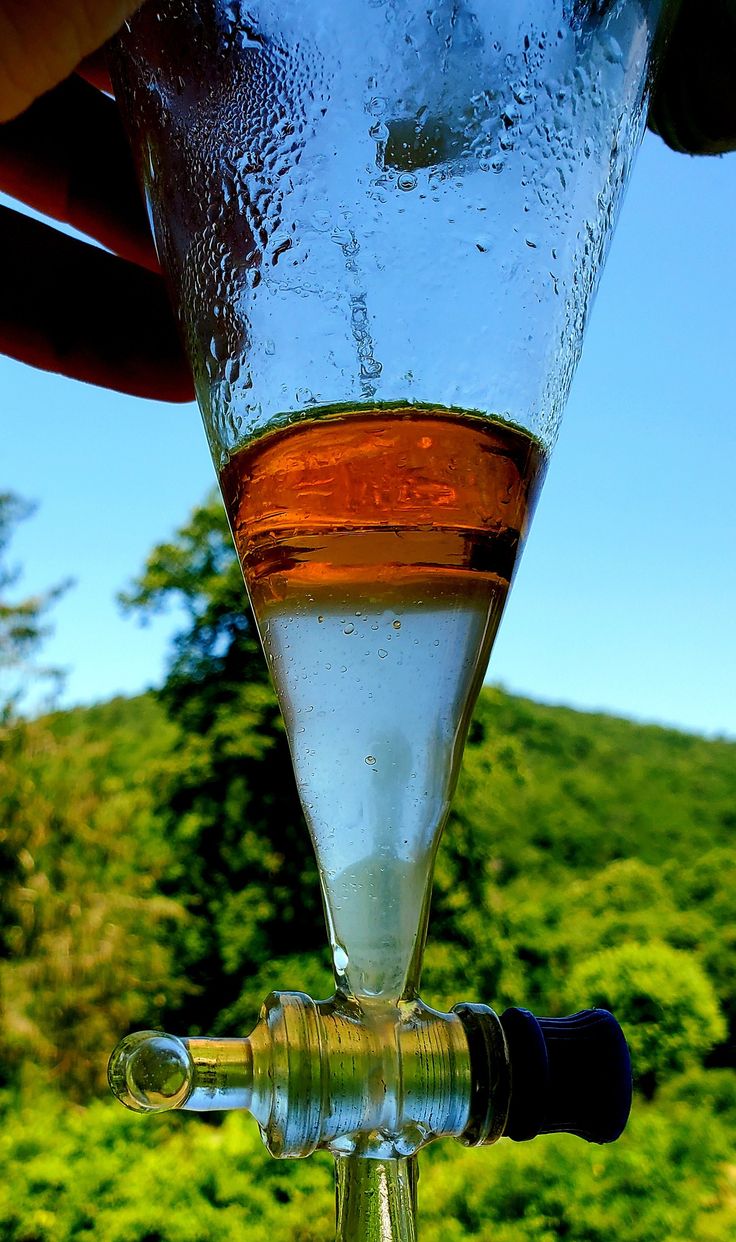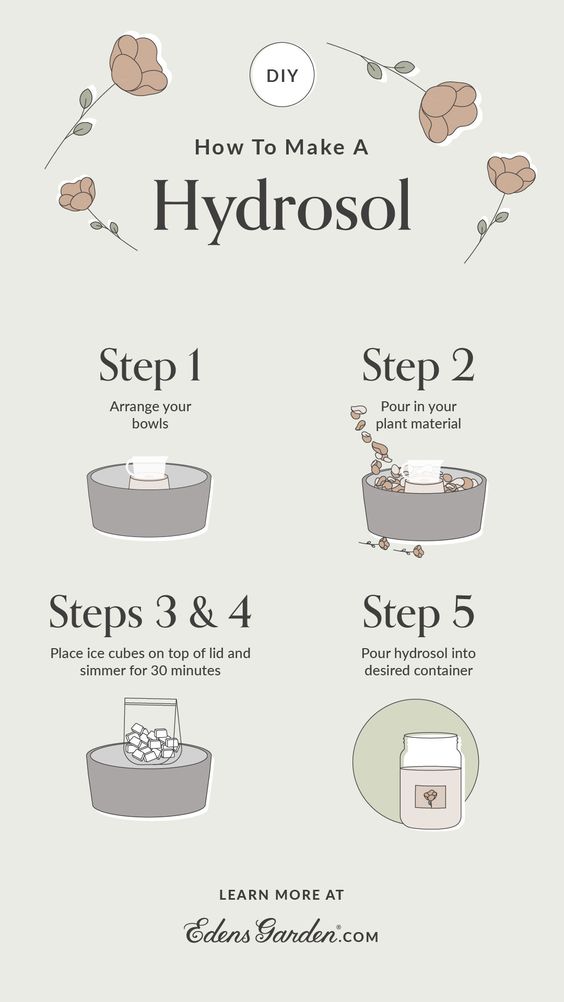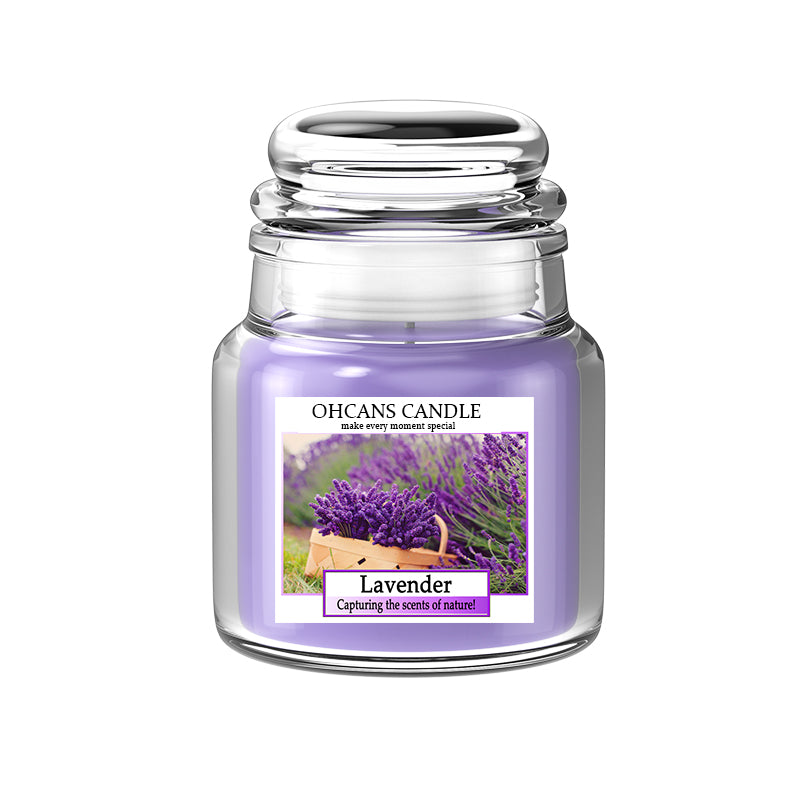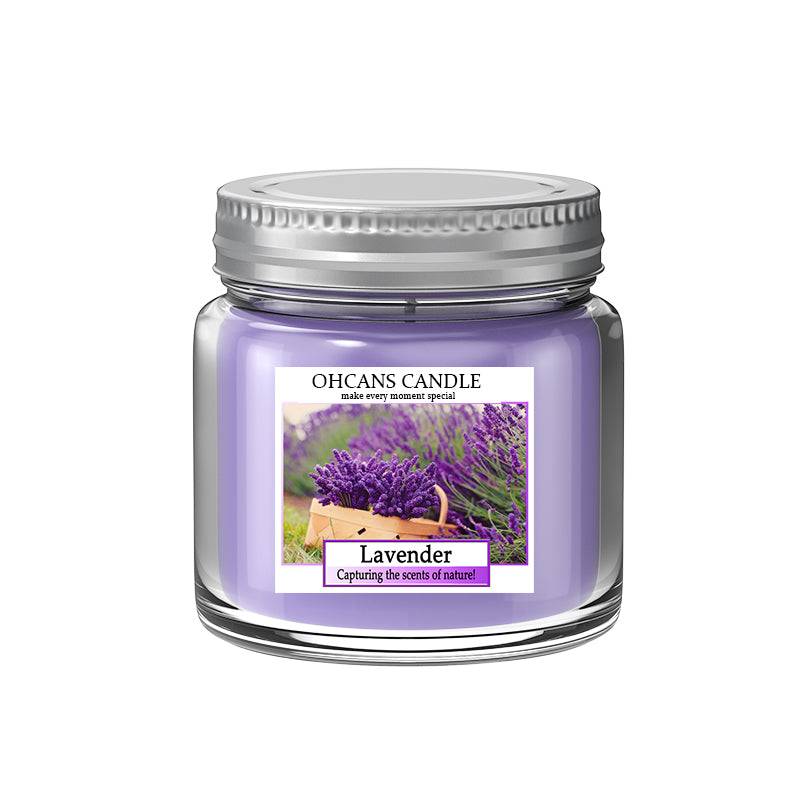What are Hydrosols? A Comprehensive Guide to Natural Distillation Byproducts

Understanding Hydrosols
The Distillation Process
Hydrosols are the co-products of essential oil distillation, created through the process of steaming or hydro-distilling plant materials like flowers, herbs, and fruits. This gentle extraction method ensures that both essential oils and hydrosols are obtained, each with their own unique properties.
Ever wondered how those wonderfully fragrant hydrosols are made? It's a fascinating process called steam distillation!
First, aromatic plant materials are gently boiled and simmered. This creates steam, which rises through the plant material. As it travels, it passes through a cooling system, often a tube surrounded by ice or cold water.
As the steam cools, it condenses back into water. The essential oils from the plants, being lighter than water, float on the surface. This is carefully separated, leaving behind the aromatic water, or hydrosol.
This aromatic water is packed with the therapeutic properties of the plants and can be used in so many ways! Add it to your food and drinks for a delightful flavor, or use it on your skin and hair for a refreshing boost.
Hydrosols are a perfect balance, stronger than herbal teas yet gentler than essential oils. So the next time you reach for a hydrosol, remember the journey it took to get to you!
Skincare Benefits
Hydrosols have soothing and healing properties, making them ideal for skincare applications.
They can be used as facial toners, body mists, and in DIY skincare recipes.
Aromatherapy Applications
Hydrosols are used in aromatherapy for their therapeutic and aromatic qualities.
They can be used in room sprays, linen mists, and as natural air fresheners.
Differences in Production
Hydrosols are the water-based products of essential oil distillation.
Essential oils are usually produced in smaller quantities compared to hydrosols.
Usage Variances
Hydrosols are gentler and more versatile than essential oils.
Essential oils are highly concentrated and require dilution before use.

Crafting Hydrosols at Home
Creating hydrosols at home can be an enriching and rewarding experience. By using uncomplicated distillation equipment, individuals can extract these natural botanical waters for personal use in skincare routines or as part of DIY home remedies. The process allows for a deeper connection to the plants being used and provides a firsthand understanding of the purification and separation techniques involved in producing hydrosols.If you have made rose toner, you will know what I am talking about. It is the process you seperate rose petals from oils.
Hydrosols can be purchased from stores but are not recommended due to industrial distillation's excessive use of spring water. Making your own hydrosol at home allows you to customize the ingredients and mix and match until you find the perfect blend as it is more effective and cost-effective.
Uses in Skincare and Aromatherapy
Skincare Benefits
Hydrosols offer a multitude of benefits for skincare, providing natural and gentle solutions for various skin concerns. Their soothing and healing properties make them ideal for inclusion in daily skincare routines and DIY cosmetic preparations. The hydrating and balancing effects of hydrosols can be particularly beneficial for maintaining healthy and radiant skin.
Facial Toners: Hydrosols can be used as refreshing facial toners to help hydrate the skin, minimize pores, and restore the skin's natural pH balance.
Body Mists: Spritzing hydrosols on the body provides a light, moisturizing effect while imparting a delicate fragrance.
DIY Skincare Recipes: Incorporating hydrosols into homemade skincare products such as face masks, creams, and lotions enhances their therapeutic value, promoting overall skin wellness.
Aromatherapy Applications
Hydrosols are highly valued in aromatherapy for their therapeutic and aromatic properties. They can be used in various applications, such as creating natural room sprays, linen mists, and as natural air fresheners. These gentle scents can evoke calmness, relaxation, and air purification, making them a versatile and effective solution for creating a harmonious and fragrant environment.
Hydrosols vs. Essential Oils
Contrasting Hydrosols and Essential Oils
When comparing hydrosols and essential oils, it's important to note their fundamental differences in production and usage. Hydrosols are the water-based products of essential oil distillation, whereas essential oils are the concentrated, aromatic oils derived from the distillation process. Additionally, essential oils are typically produced in smaller quantities compared to hydrosols due to their high concentration of volatile compounds.

Varied Applications
Hydrosols and essential oils exhibit distinct usage variances, primarily due to their differing concentrations and properties. Hydrosols are known for their gentle nature, making them suitable for direct skin application without the need for dilution. On the other hand, essential oils are highly concentrated and must be diluted before use to prevent skin irritation or adverse reactions. This key difference highlights the versatility of hydrosols in skincare and aromatherapy applications.
Popular Hydrosol Varieties
When exploring the world of hydrosols, it's fascinating to discover the diverse range of options available, each offering unique benefits for skincare and aromatherapy. Two particularly popular hydrosol varieties are Rose Hydrosol and Lavender Hydrosol, both prized for their distinct properties and versatile applications.
Rose Hydrosol
Rose hydrosol, derived from the gentle distillation of rose petals, is renowned for its hydrating and anti-inflammatory properties. This fragrant floral water is often favored in skincare routines for its rejuvenating effects on the skin. Its soothing nature makes it an excellent choice for addressing various skin concerns, promoting a radiant and healthy complexion.
Lavender Hydrosol
Lavender hydrosol stands out for its calming and balancing effects on both the skin and mind. Extracted from lavender flowers through the distillation process, this aromatic hydrosol is commonly utilized in aromatherapy practices to induce relaxation and promote emotional well-being. Additionally, its delicate fragrance makes it a popular choice as a natural perfume or linen mist.
These hydrosol varieties exemplify the diverse benefits offered by floral waters, showcasing their potential to enhance skincare regimens and create tranquil aromatic experiences.
Exploring Hydrosols
Hydrosols, also known as hydrolats, are versatile floral waters that offer a natural alternative for skincare and aromatherapy needs. These herbal distillates are gentle and multifaceted, providing a range of benefits for personal care and well-being. Whether used as facial toners, body mists, or natural air fresheners, hydrosols bring the essence of plants into daily routines, promoting a sense of harmony and vitality.




Hinterlassen Sie einen Kommentar